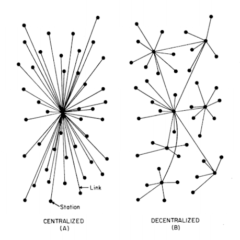Ronald de Sousa, 1987
In this impeccably written and incredibly clear book, which has been spotted during previous research I’ve done on the politics of emotion, de Sousa unpacks many questions adjacent to the philosophical treatment of emotion. The chapter on the temporality of desire is especially interesting, arguing that dissatisfaction often arises at the event of desire satisfaction when consummatory and ludic desires are confused. It also bears relevance to my previous research on psychoanalytic interpretations of temporality. One key consideration which links to Hume’s interpretation of the interrelation between taste and reason is the grounding effect emotion may have on reason: giving it force when it does not arguably obscure it. The notion of arational emotion with regard to the fear of death is discussed as a particularly prescient case in that the inevitability of death is constant, and yet affective attitudes toward it vary widely. The distinction between “active” emotion which one willingly subjects oneself to and “passive” emotion which one receives is critically deconstructed. Highly salient for reference and further thought, and overall fantastically engaging and incisive to read.
